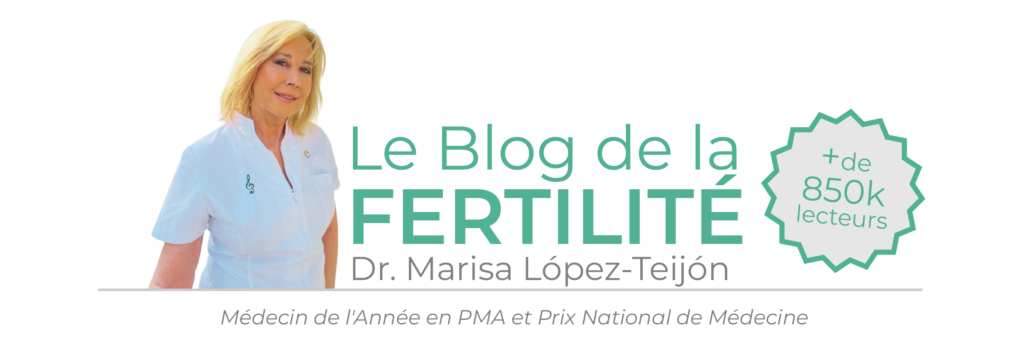Aujourd’hui, je veux partager avec vous quelques réflexions sur la procréation médicalement assistée post mortem que j’ai écrit récemment pour le site web Interfunerarias.
Il s’agit de l' »hérédité génétique » que certaines personnes laissent après leur mort: le sperme ou les embryons qui restent congelés et qui pourront être éventuellement utilisés par le veuf ou la veuve en fonction des circonstances et de la loi de chaque pays. C’est quand même curieux que nous, dont la profession vise à créer la vie, nous ayons quotidiennement à demander à nos patients quelle est leur dernière volonté…
Je vous invite à lire l’article:
Assisted reproduction Postmortem. Some people die and leave behind frozen semen or embryos. On occasion these are considered a “genetic inheritance”.
A man, for example, can freeze his sperm before undergoing treatments such as chemotherapy that might affect his testicles or freeze them for in vitro fertilization because he believes the day in which the oocytes recover it will be difficult to take his semen to the reproduction centre because he is on a trip or because he lives far from the clinic or may even have difficulty obtaining the sperm.
Sometimes embryos also frozen, given that often during an in vitro fertilization process more embryos are generated than actual transferred to the women, and the extra embryos are frozen.
Reproduction clinics systematically take these factors into account. To freeze sperm or embryos, the patient must first sign a consent form in which he stipulates what is to be done with his genetic material in the event he dies: either destroy them or use them, and in the latter case the name of the woman who can use them.
The woman who is given this potential inheritance and wishes to have a child after the man has died, faces a legal situation that varies from country to country. In Spain the women does not have to be legally married to the deceased, but she has a period of 12 months to get pregnant. After this deadline, the notary must know who are the heirs of the deceased genetic material.
At my job every day I see the surprised faces of patients when they read the documents; I have experienced this situations in person, such as the recently widowed woman from Ireland who asked us to insert the frozen embryos of her husband transferred from the island because she could not do it in her country, or fathers desperate to obtain a descendent from a deceased son and they cannot because there is no name on the consent form or simply because the widow refuses.
It is odd that on a daily basis we professionals who are in constant contact with the origin of life have to ask our patients how they wish to handle the inevitable end.



Commentaires récents